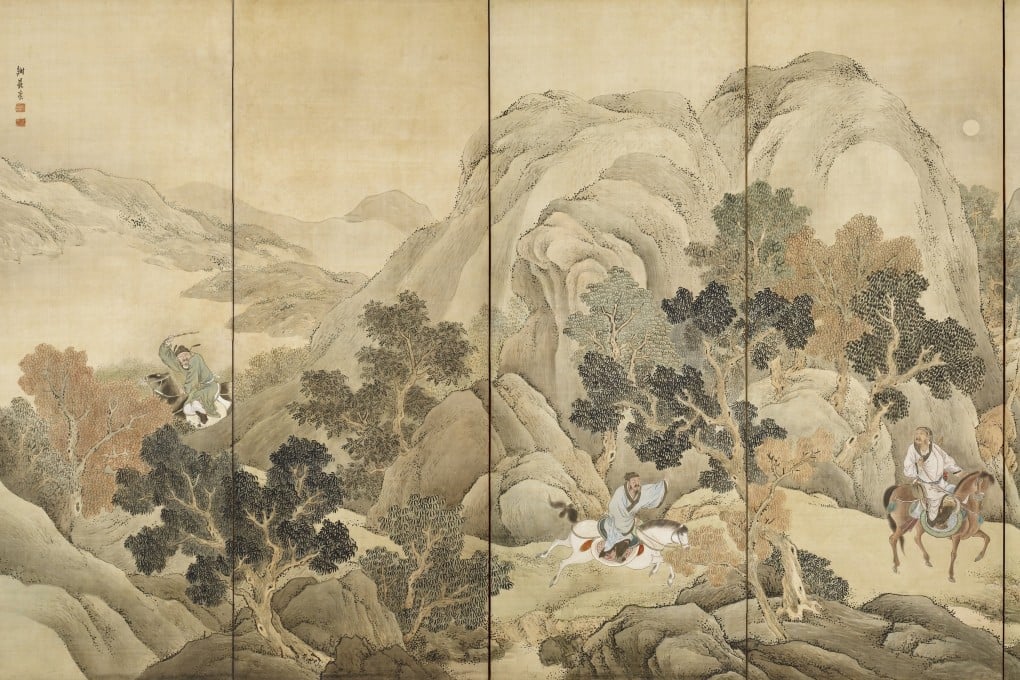Reflections | The tale of the two Han Xins: in imperial China, being capable could get you killed
- It is not uncommon for Chinese people to share the same name, but it is not often they share the same trajectory at the same time
- Emperor Liu Bang had a pair of Han Xin’s working for him, until, threatened by their competence, he terminated their employment

I recently had lunch with two people who have the same name. While it is not uncommon for Chinese to share the same name, it is not often that they share similar career paths in the same historical period. I refer to the two Han Xins who served the rebel leader and, later, founding emperor of the Western Han dynasty, Liu Bang.
The more famous Han Xin (230–196BC) was a brilliant military strategist and commander, who was one of Liu’s ablest lieutenants. Stories from Han’s early youth as a penniless commoner, which attest to his ambition and fortitude in the face of humiliation, acquired folkloric status not only in China but among neighbouring peoples. In his late teens, he joined the armed rebellions that broke out across the empire after the death of the First Emperor of the Qin dynasty in 210BC, eventually ending up in Liu’s rebel army.
Initially a lowly functionary, Han managed to impress Xiao He, a trusted adviser of Liu, who recommended him to the leader. Very soon, he was winning battles and had acquired a fearsome reputation among Liu’s rivals. In return, Liu rewarded Han, who was still in his early 20s, with a princely title and his own fiefdom.
To differentiate him from his colleague and contemporary, the other Han Xin (died 196BC) was referred to as Xin, Prince of Han. He was a scion of the royal house of the defunct state of Han, whose territories covered present-day southern Shanxi and northern Henan provinces. At the time, China had been unified for only about 20 years. The warring independent states of the preceding centuries were still in living memory, and the descendants of their royal houses could still rally many to their banners. It was for this reason that Liu made Xin a part of his rebel forces.
